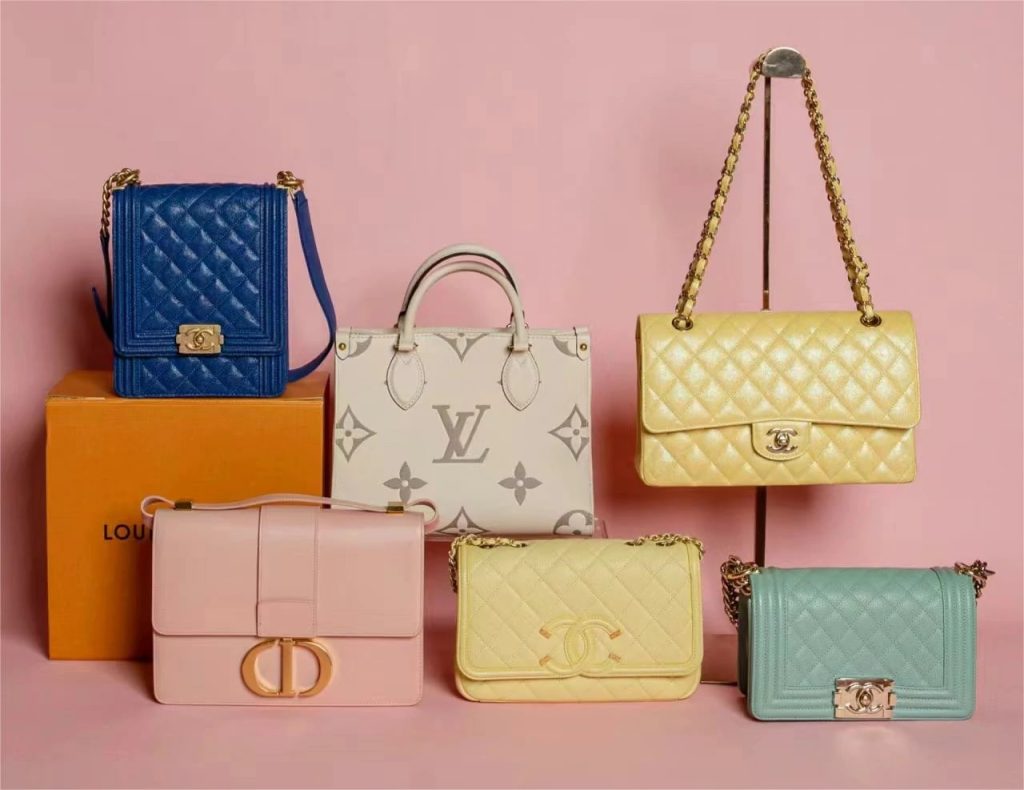The ethics of buying replica designer handbags raises complex questions about authenticity, consumer behavior, and the implications for both the luxury fashion industry and the broader economy. At first glance, replica handbags may seem like an affordable alternative for fashion enthusiasts who wish to enjoy the aesthetics of high-end brands without the hefty price tag. However, purchasing replicas often supports a shadowy market that undermines the original designers’ intellectual property rights and diminishes the value of their creations. This practice not only disincentives genuine innovation and creativity but also raises concerns about labor practices in the production of these replicas, which may exploit workers in less regulated environments. The fast fashion industry, which encompasses the production of replicas, has garnered criticism for its environmental impact, including the excessive waste generated by low-quality goods and the resources consumed in manufacturing processes

Moreover, the proliferation of High Quality Replica Bags can erode the cultural significance associated with luxury brands. Designer handbags often symbolize status, craftsmanship, and exclusivity. When replicas flood the market, they dilute the brand’s image and reduce the perceived value of the original products. Consumers may inadvertently perpetuate a culture that prioritizes imitation over originality, leading to a distorted perception of luxury that focuses more on superficial appearances than on the artistry and effort behind genuine designer pieces. This trend raises questions about the motivations of consumers who choose replicas over authentic items, suggesting a shift in values toward materialism rather than an appreciation for the unique heritage and artistry that genuine designer handbags represent. Additionally, the production of replica handbags is often associated with unethical labor practices and environmental concerns. Many replicas are manufactured in factories that prioritize low production costs, frequently leading to poor working conditions, inadequate wages, and exploitation of workers.
Ultimately, navigating the ethics of buying replica designer handbags requires a deeper understanding of the implications of consumer choices. By opting for replicas, consumers may inadvertently support a system that undermines ethical labor practices and intellectual property rights. Conversely, there are also valid arguments for the existence of replicas as a form of accessible fashion that allows individuals to express their style without the economic burden of luxury pricing. This highlights the importance of raising awareness about the broader impacts of these choices and promoting discussions around responsible consumerism. Encouraging individuals to consider the ethical ramifications of their purchases can foster a more informed consumer base, one that values authenticity, sustainability, and fair labor practices over mere aesthetics. In an age where consumer choices have significant repercussions, it becomes imperative for individuals to reflect on the ethics of their spending habits and the kind of fashion culture they wish to support.
